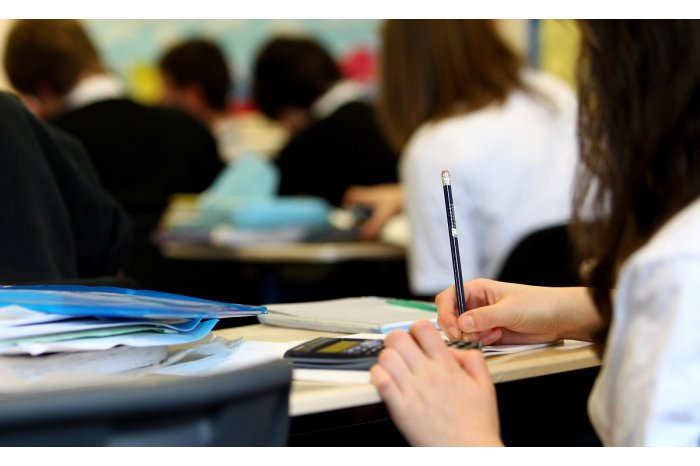Comprehensive transformation needed in education
13:22 | 09.09.2020 Category: Interview, Event
Chisinau, 9 September /MOLDPRES/- The interdependence between the level of education and the economic capacity of a country is recognized worldwide. The Republic of Moldova, after overcoming the most sinister stages of the contradictory and chaotic transition, being also affected by various negative phenomena, could not launch sustainable projects to reform various fields. It was about that moment of survival. Even at the first signs of economic recovery, the state timidly tried to improve a vital area - education.
The Moldovan school in the late 90's had suffered almost irrecoverable losses. Mocking salaries, schools and kindergartens without electricity for 16 hours a day, often without heating, pupils mostly without incentives to study meant that almost half of the teachers left school, and a large part of the country, in search of a better life. School dropout was becoming a widespread phenomenon in the villages of Moldova. The results are still felt today: in the last 20 years, the number of pupils has almost halved, from over 630,000 to less than 330,000. The number of teachers in primary and pre-university education has decreased from 43 thousand to 28 thousand.
In this context, a limited reform, without a project with exact final goals, without connection to all areas of activity, could not revolutionize the system. Actions were taken such as "changing" the curriculum, the quality of education, eliminating marks in music, drawing and physical education and renaming the subjects Civic Education in Education for society and other things without a decisive impact on the phenomenon, which trivialized the reform. For these inefficient reforms, implemented in 2013-2018, only 40 million dollars were spent from the World Bank loan. And tens of millions from state and local government budgets.
We must recognize that through the efforts of talented groups of teachers, high-performing schools have appeared in Moldova, producing international Olympics, children able to meet the requirements of the most prestigious higher institutions in the world. But the success of an education system is not measured by the number of Olympics.
Our society does not need slow and costly reforms, but a radical system transformation, and we have enough examples of success.
Much has been said and written about the case of Finland, which has rapidly changed the root education system. They changed the paradigm so that the goal of the educational process was no longer to prepare an informed young citizen, but to raise generations of free and happy people.
The insistence and creative approach of the Finns is successful. Today, this country's economy is one of the best in the European Union. The average salary is over 3000 euros. Crime is the lowest in Europe, and environmental protection has left countries with notorious performance far behind. Finland is today a country with a very high degree of social protection, with a lot of empathy and social solidarity, and immigration is approaching zero. And their example is followed by other countries that are already recording notable successes.

